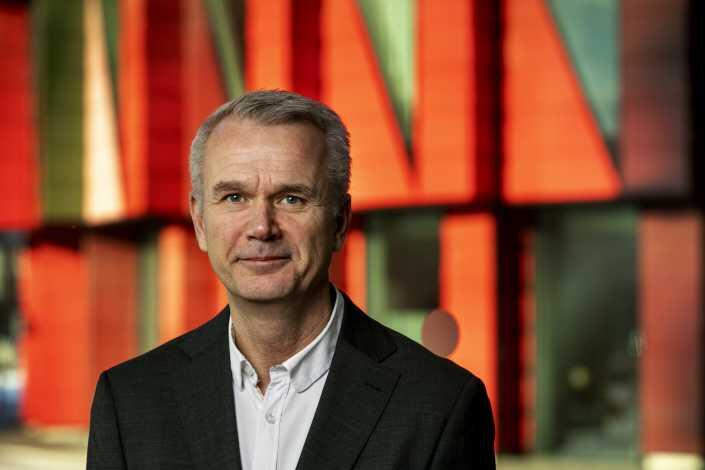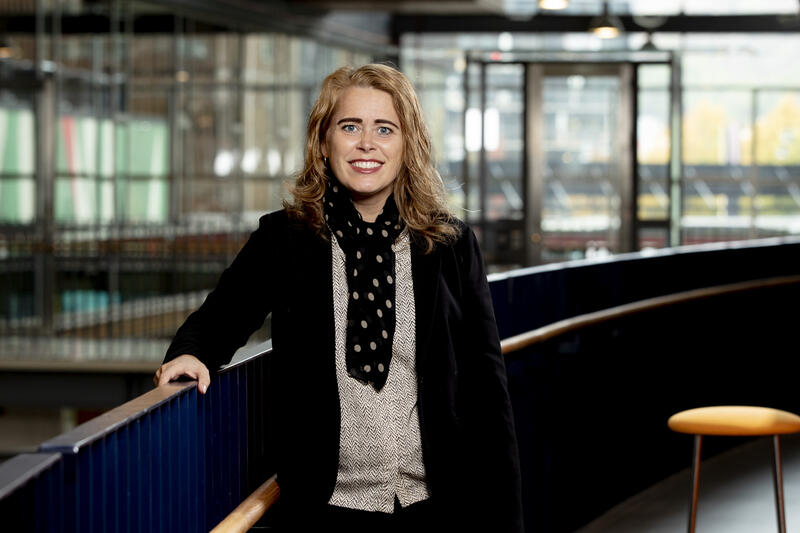MODI
In the MODI project, 34 European actors collaborate to accelerate the introduction of connected, cooperative and automated services within the logistics system through several demonstrators. Across borders.

MODI is a European cross-border initiative to accelerate the introduction of automated mobility solutions for heavy-duty vehicles in freight transport systems. Within the project, initiated by the European Commission through the Horizon Europe Framework, participating actors will demonstrate automated solutions for heavy trucks. The trucks will travel along the highway corridor from Rotterdam in the Netherlands to Moss in Norway, crossing four national borders and demonstrating terminal operations at four different ports and terminals along the way.
Automated solutions for heavy traffic can contribute to streamlining European transport and logistics chains and improving traffic safety. Therefore, research within the MODI project aims to identify and address challenges hindering technological development and instead lay the groundwork for the deployment of connected, cooperative and automated (CCAM) mobility solutions. The obstacles include technological development, as well as regulations, harmonization, and social acceptance. These obstacles escalate when considering cross-border transport.
Objectives
The project's four objectives are to:
- Implement the latest technology and overcome major CCAM deployment barriers for logistics by demonstrating business-oriented and well-integrated CCAM systems for use cases (UCs) along a transport corridor and between hubs.
- Define recommendations for adaptations of supporting infrastructure, vehicle regulations and standards to enable broader deployment of CCAM, speeding up the introduction of CCAM vehicles and recommendations for further (eg, large scale) piloting.
- Demonstrate business models and partnerships for the application of CCAM vehicles in logistics.
- Perform technical & socio-economic impact assessments and communicate them in the context of the best practices of the MODI L4 CCAM solutions and systems for real-world conditions.
Five use cases
Projektet omfattar fem use cases som var och ett illustrerar en del av logistikkedjan. De identifierar vad som krävs för automatiserad körnivå med och utan mänsklig interaktion – med fokus på att förstå och övervinna de regulatoriska barriärerna och infrastrukturbristerna på allmän motorväg. Projektet kommer också att undersöka behov relaterade till avgränsade områden, vilket innebär terminaler belägna vid hamnarna i Rotterdam, Hamburg, Göteborg och Moss. Terminalerna fokuserar på utmaningar som passerkontroll, laddning, koordinering med automatiserade guidade fordon, lastning/lossning och överlämning från offentliga till avgränsade områden.
The project comprises five use cases, each describing a part of the logistics supply chain. They identify what is required for automated driving levels with and without human interaction – focusing on understanding and overcoming regulatory barriers and infrastructure deficiencies on public highways. The project will also investigate needs related to confined areas, which involve terminals located at the ports of Rotterdam, Hamburg, Gothenburg, and Moss. The terminals focus on challenges like access control, charging, coordination with automated guided vehicles, loading/unloading and handover from public to confined areas.
Time period
Oktober 2022 - mars 2026
Partners
ITS Norge (koordinerande)
Industrial partners
Einride, DAF Trucks, Volvo Technology, ENIDE Solutions, Q-Free Norway, Technolution, DFDS, A.P. Möller – Maersk, Gruber Logistics, Gothenburg Roro Terminal, APM Terminals Maasvlakte II
Clusters & Industrial networks
In-Move by Railgroup, ALICE, CLEPA
Research organizations
Nederlandse Organisatie voor Toegepast Natuurwetenschappelijk, Transpökonomisk institutt, Bundesanstalt für Strassenwesen, Lindholmen Science Park, Technische Universiteit Eindhoven, Stichting HZ University of Applied Sciences, AstaZero, Sintef
Public authorities
NMS New Mobility Solutions Hamburg, Statens Vegvesen, Ministerie van Infrastructuur en Waterstaat, Statens Kartverk, Freie und Hansestadt Hamburg, Viken Fylkeskommune
Associated partners
Trafikverket, Vejdirektoratet, Port of Hamburg, Moss Havn, Asko
Contact


The project is funded by the European Union’s Horizon Europe research and innovation programme

